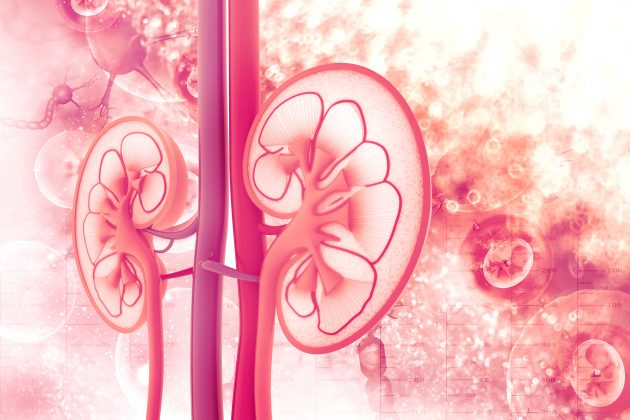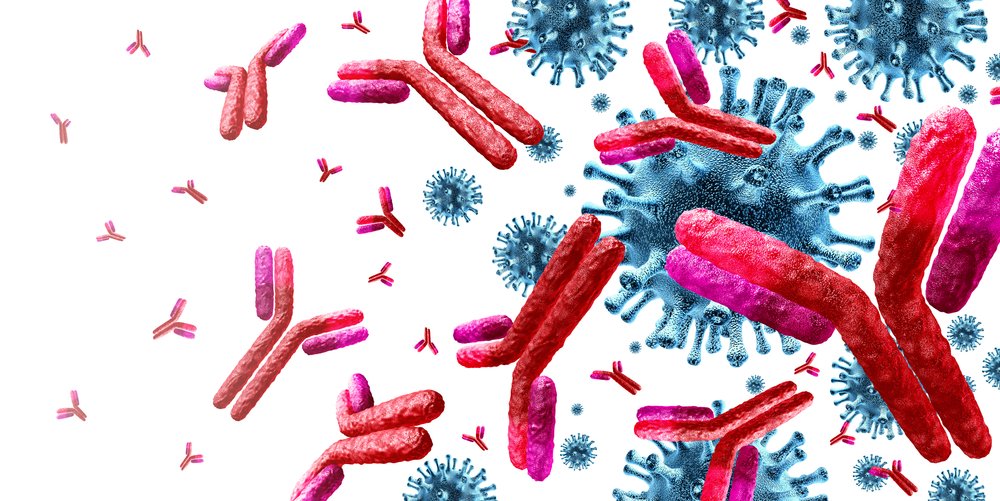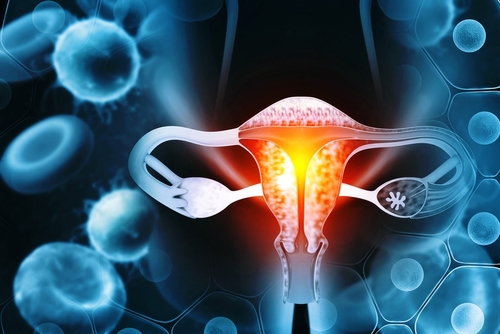Patients with non-dialysis-dependent chronic kidney disease (CKD) commonly develop iron-deficiency anemia. Pablo E. Pergola, MD, PhD, and Nelson P. Kopyt, DO, conducted a study to examine the effects of oral iron replacement therapy with ferric maltol in that patient population. Results were reported online in the American Journal of Kidney Diseases [doi.org/10.1053/j.ajkd.2021.03.020].
The phase 3, double-blind, randomized, placebo-controlled trial (AEGIS-CKD; NCT02968368) included adults with CKD stage 3/4 and iron deficiency anemia at 30 centers in the United States. Patients were randomized 2:1 to receive oral ferric maltol 30 mg or placebo twice daily for 16 weeks, followed by ferric maltol 30 mg twice daily for up to 36 weeks (all patients). The primary end point at week 16 was the change from baseline in hemoglobin. Other outcomes of interest were iron indices (ferritin, transferrin saturation, and serum iron) and safety.
The total study cohort included 167 patients: 111 in the ferric maltol arm and 56 in the placebo arm. At week 16, the increase in hemoglobin in the ferric maltol arm was significantly higher than in the placebo arm (least squares mean difference: 0.5 g/dL; 95% confidence interval, 0.1-0.9; P=.01). There were increases in all three secondary iron indices with ferritin maltol and declines with placebo (P<.05).
In patients continuing ferric maltol, hemoglobin levels were sustained up to week 52; in patients switching from placebo to ferric maltol, hemoglobin levels increased.
The most frequent adverse events were gastrointestinal (randomized phase, ferric maltol 41%, placebo 30%; open-label phase, 56% vs 46%, respectively). During the double-blind treatment phase, seven patients in the ferric maltol arm and five in the placebo arm withdrew due to adverse events. During the open-label phase, 11 patients withdrew due to adverse events.
In conclusion, the researchers said, “Ferric maltol was associated with statistically significant (week 16) and sustained (up to week 52) increases in hemoglobin and iron indices in patients with CKD and iron deficiency, and was well tolerated during treatment for up to 52 weeks.”
The study was funded by Shield Therapeutics (UK) Ltd.
Credit: Original article published here.










